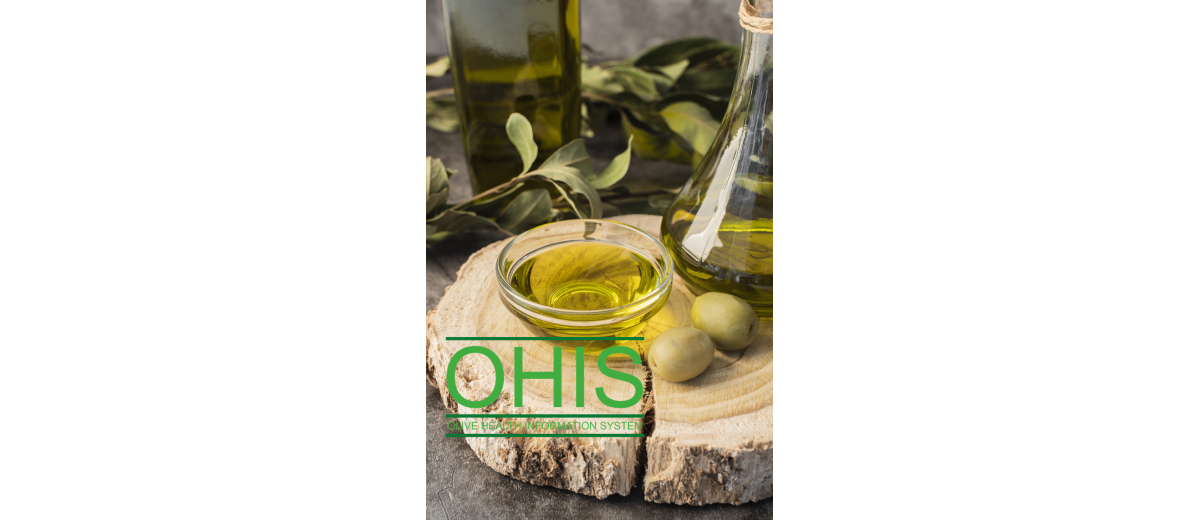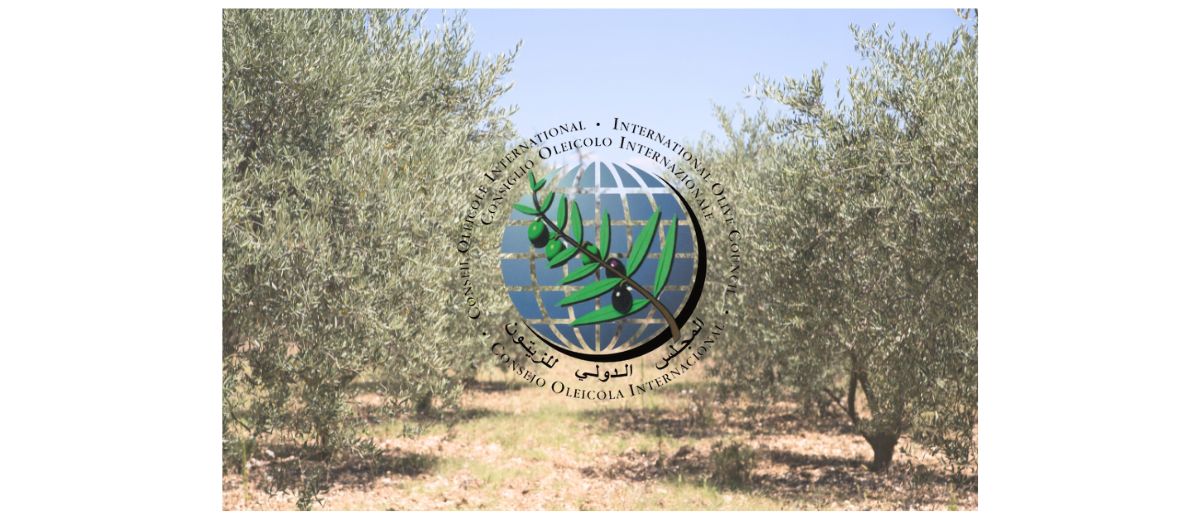Olive oil has been recognized as a fundamental component of the Mediterranean diet due to its various health benefits. The first article we have selected this week delves into the underlying mechanisms that explain some of those beneficial effects, including its anti-atherogenic effect. The featured article explores the microconstituents of olive oil, such as polar lipids, polyphenols, and α-tocopherol, which effectively inhibit Platelet-Activating Factor (PAF) and hence reduce the risk of vascular disease, due to their protective effect on atherosclerosis. It’s worth noting that even olive pomace, a by-product of olive oil production, contains beneficial microconstituents. With this in mind, we can say that incorporating moderate amounts of olive oil into a balanced diet is key for overall well-being.
For this reason, research projects seeking to make the Mediterranean diet more universal are most important. We highlight the Archena Infancia Saludable Project, which aims to promote the Mediterranean diet and healthy lifestyle choices, including 24-hour movement behaviors, among children. This project recognizes the importance of establishing healthy habits early in life to positively impact long-term quality of life. By focusing on intervention studies, valuable insight can be gained beyond existing observational research.
Lastly, we draw our attention to the PROMED study, which addresses the cultural appropriateness, acceptability, accessibility, and feasibility of the Mediterranean diet for adults in Puerto Rico. The findings from this research will provide valuable support for its broader implementation in both clinical and population-wide disease-prevention programs.
Click HERE to see the latest posts…










